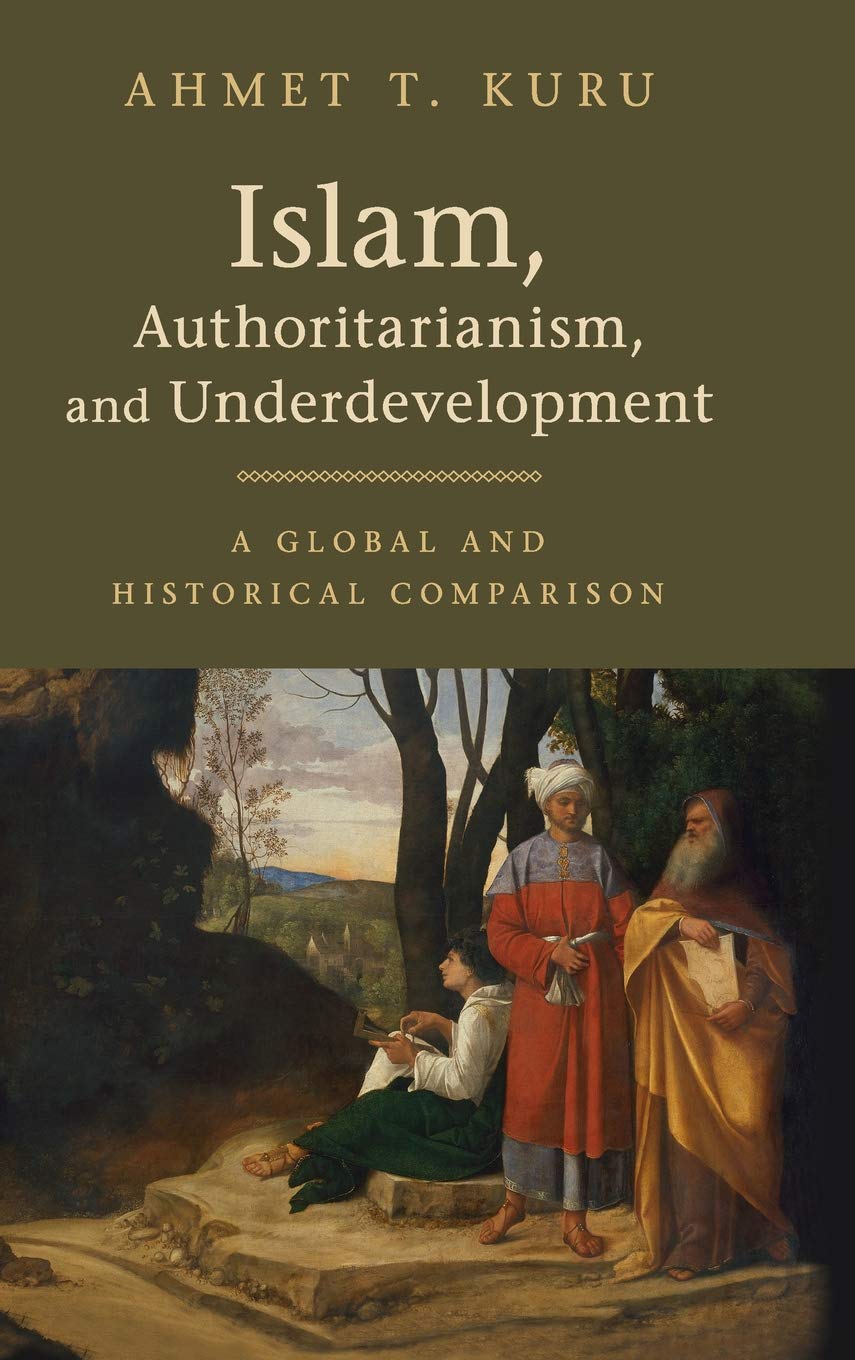The Origins of Decline: An Inquiry into Authoritarianism and Underdevelopment in the Muslim World
DOI:
https://doi.org/10.22029/ko.2020.1029Abstract
The Muslim world has undergone many transformations over the passing centuries. While displaying high levels of socioeconomic development, Muslims have created a substantial intellectual legacy between the ninth and twelfth centuries. Today, however, the predicaments of Muslim-majority countries are notorious for chronic authoritarianism and underdevelopment. In Islam, Authoritarianism and Underdevelopment: A Global and Historical Comparison, Ahmet T. Kuru sets out to expose the historical origins of this particular disparity. In doing so, he criticizes the latent essentialist and post-colonial theoretical approaches that respectively point to Islam and the advent of Western colonialism as the root causes of far-reaching violence, authoritarianism, and underdevelopment in the Muslim world. Alternatively, Kuru situates the origins of these pervasive elements within the persisting alliance of the ulema (orthodox Islamic scholars) and military states in the Muslim world. Eventually, Kuru argues that this alliance undermined intellectual and economic productivity in the Muslim world over centuries by marginalizing intellectual and bourgeois classes.

Published
Issue
Section
License
All articles (not book covers) in KULT_online from issue 50 on are published under the license Creative Commons Attribution 4.0. All published articles may be reused under the conditions of the license, particularly for commercial purposes and through editing the article (Human-Readable Summary). All authors (have) permitted the publication under the above mentioned license. There is no copyright transfer towards KULT_online. For all book covers specific rights might be reserved, please contact the respective publisher for any lawful reuse. All contributions published in issue 1-49 of KULT_online are free available online and protected by the German Copyright Law.



